Across the Table: Supporting the next generation of agricultural leaders
The opportunity to pay it forward is in front of all of us. Whether through giving, mentoring or staying involved, each of us has a role to play.
Read MoreUltra-pasteurization is a more intense process than regular pasteurization and allows milk to have a longer shelf-life. If you don’t mind the higher cost and if your milk tends to spoil before you can finish it, it might be an option for you to consider. (Although, nutritionists might say that if you just started drinking more milk, you wouldn’t have to worry about the milk spoiling, now would you?)
“Pasteurization” means that milk is packaged under sanitary conditions after being heated to a minimum of 161 degrees for at least 15 seconds, or 145 degrees F for at least 30 minutes. Either heating option kills most bacteria; the type that survive aren’t considered harmful but can spoil milk after a period of time. If pasteurized milk is kept properly refrigerated, it can last anywhere from 12 to 21 days after processing; you can generally count on milk to remain fresh from two to five days after the sell-by date on the carton. The colder the storage conditions, the longer milk will last.
“Ultra-pasteurization” means that milk is heated to a minimum of 280 degrees F for at least two seconds. Although the heating period is much shorter than what’s used for regular pasteurization, the high heat used in the process is much more lethal to bacteria. Packaging conditions for ultra-pasteurized milk are also more stringent — practically sterile. In fact, ultra-pasteurized milk would be considered a sterile product if it was canned or otherwise hermetically sealed. All of this means that, when properly refrigerated, ultra-pasteurized milk can last from 30 to 90 days after processing and before the container is opened. After opening, the milk could become contaminated with spoilage bacteria, but you can generally count on it to remain fresh for at least seven to 10 days after the container is opened.
Some people say they think ultra-pasteurized milk has a different flavor, more “cooked” than regular milk, but others don’t notice a difference.
No matter which kind of milk you choose, be sure your consumption of milk and dairy products meets the Dietary Guidelines for Americans recommendations — three cups each day for anyone 9 years of age or older. Here is what counts as a cup:
The guidelines encourage fat-free or low-fat choices within the dairy group, not only to reduce calories but also to reduce intake of saturated fats and cholesterol, both of which increase the risk of heart disease. For more information on milk and dairy product recommendations, see myplate.gov.
Chow Line is a service of Ohio State University Extension and the Ohio Agricultural Research and Development Center.

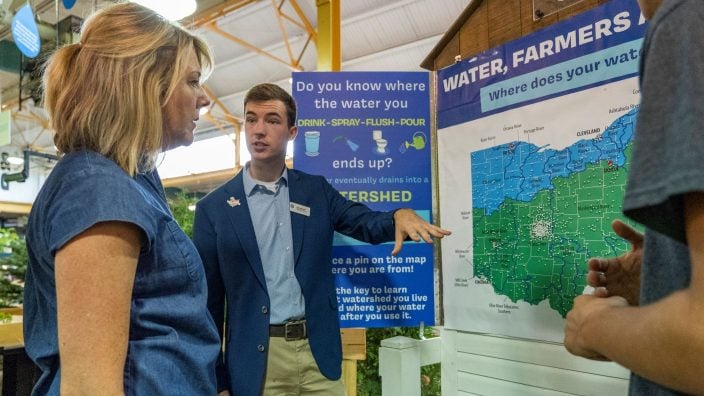
The opportunity to pay it forward is in front of all of us. Whether through giving, mentoring or staying involved, each of us has a role to play.
Read More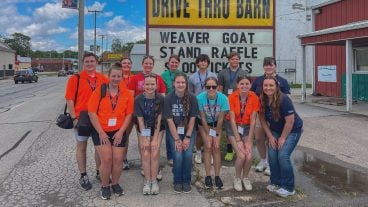
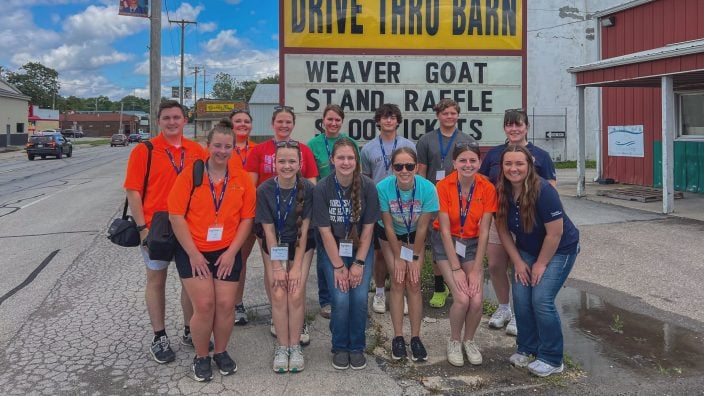
I am thankful to everyone in Ohio Farm Bureau who has supported me, guided me and helped me turn my passion into purpose.
Read More
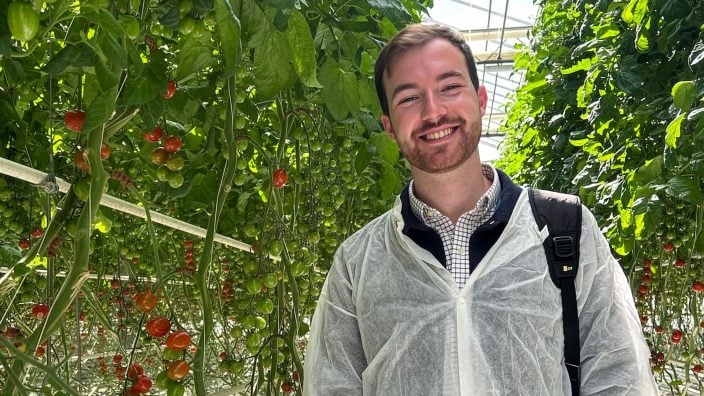
I left Ohio in 2022, but there is one reason I continue to come back—a constant pulling factor: my Ohio agriculture community.
Read More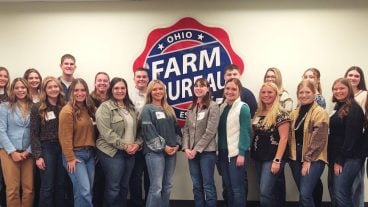
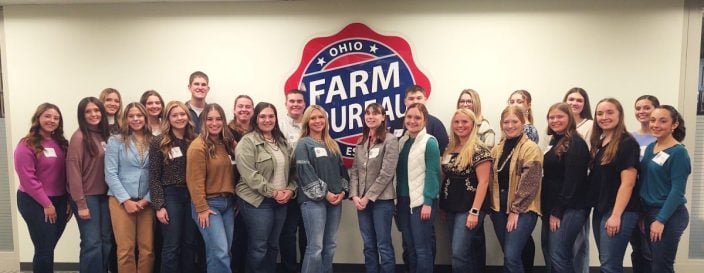
We asked each of the chapter presidents what makes their Collegiate Farm Bureau essential and unique.
Read More
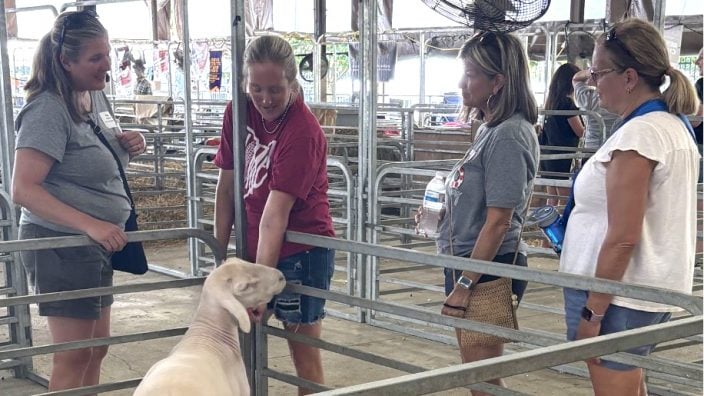
Teaching agriculture in an elementary classroom is a great opportunity to spark a love of the industry in our youngest learners and have them share that with those at home.
Read More
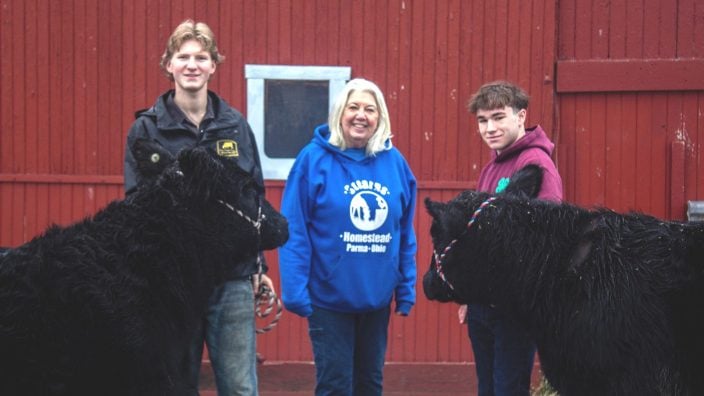
Stearns Homestead is home to one of the largest 4-H clubs in Cuyahoga County and has hosted 15,000 students for tours, becoming a learning center for youth to get up close and personal with farm animals.
Read More
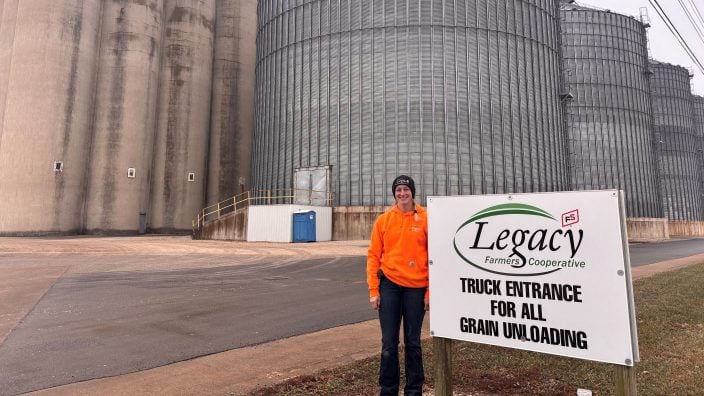
Starting with little ag industry knowledge, Cristen Cramer has embraced career growth through adaptability and learning.
Read More

The ways in which Ohio Farm Bureau has played a role in helping members launch ag careers are as varied as they are rooted in the industry.
Read More

The Multispecies Animal Learning Complex at Ohio State opened in January 2025, marking a significant investment in animal agriculture and public engagement.
Read More

Legacy nutrient deductions enable new farmland owners to claim deductions on the nutrients within the soil on which healthy crops depend.
Read More